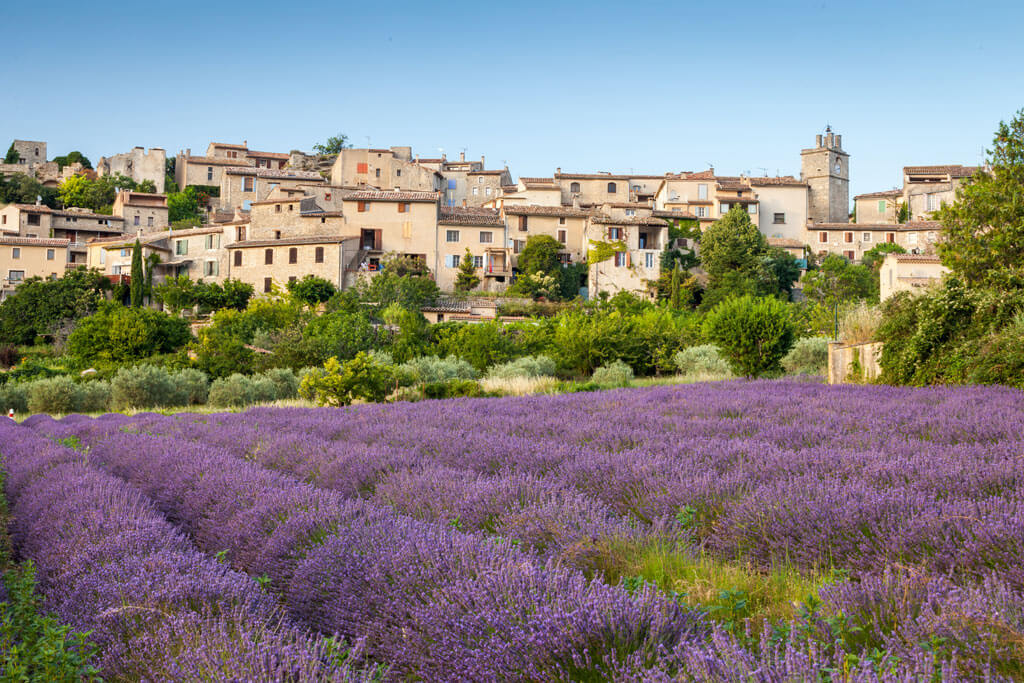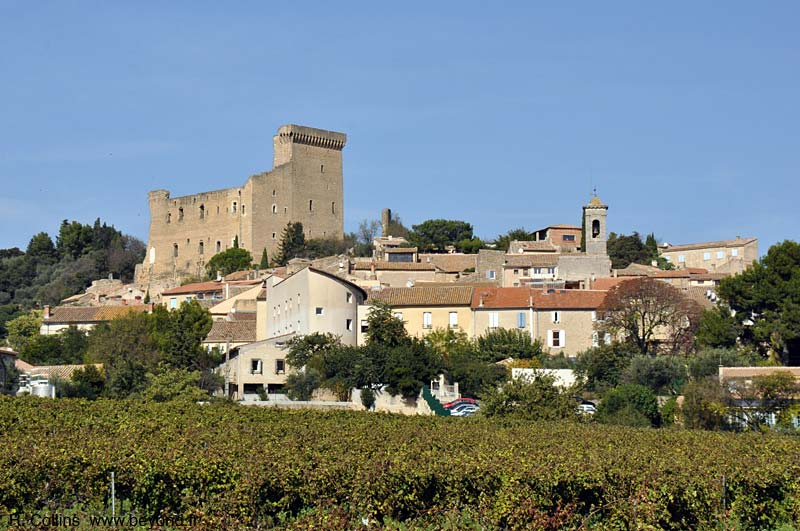
Join Us for a Wine Travel Adventure in the heart of the
Provence
Based in St. Remy de Provence, France
September 6-13, 2025
Joie de Vin is excited to introduce our 2025 voyage to Provence, France – an immersion into French wine and culture!
This trip celebrates the femininity of France and is offered to a small group (10 maximum) of women. Our home base hotel/spa will accommodate you in your own ensuite room or for a discounted rate, you can share a double twin bedded room with a friend.
Our seven-night, eight-day tour will introduce you to the delights of the food & wine of this oldest region in France. Your visit will acquaint you with the history of the region from the Roman to modern times.
Provence was the first Roman outpost with many wonderful Roman remains to visit. The Romans brought more than their building skills; they brought wine! So, we will balance our historical learning with visits to local wineries to learn more about the regions within this large area.


Itinerary
The following is a list of the planned destinations for the trip. The actual dates within the week may vary due to guide availability.
- Friday – take overnight flight to France
- Saturday– arrival – pick up in Marseille airport; chill and adjust with light ‘welcome’ meal
- Sunday – Avignon
- Monday – Les Baux and wine/olive tasting
- Tuesday – St Remy- cooking class and lunch
- Wednesday – Arles Tour of Roman Ruins, Marketplace
- Thursday – Aix en Provence (market day)
- Friday – Châteauneuf-du-Pape, wine tasting, and lunch
- Saturday – Departure
Included in Your Trip
- Welcome light buffet
- Châteauneuf-du-Pape lunch
- Avignon lunch on boat tour
- Cooking class and lunch at Cuisine Provençale
- Guides & tickets to historical sites
- Transportation – a private, hired bus that brings us to and from and the day’s destination. Transportation is also included between the accommodation and the Marseille Airport at a specific time.
- Wine tastings as noted in the agenda
- Continental breakfast each day
- Farewell dinner
Please note that all other meals are on your own. Our accommodation will be within walking distance of several restaurants and Wine Tastings

Accommodation
Our group will stay at the beautiful Hotel du Soleil and Spa. The hotel offers comfortable rooms, a tranquil location, and a pool for lounging. Each room includes a full ensuite bathroom and daily continental breakfast in the breakfast room.
Reserve my Place!
This small group tour is designed to meet all your travel needs upon arrival at Marseille airport (airfare not included). The all-inclusive tour price is:
$5700.00 per person for single accommodation
$4700.00 per person for double accommodation
To reserve your spot, we require the initial of three deposits, which are partially refundable within specific timeframes up until 8/1/2025:
- 25% to hold your place
- 50% due by 6/1/2025
- 25% due by 8/1/2025
First Deposit for single occupancy $1,425 each
First Deposit for double occupancy $1,175 per person

